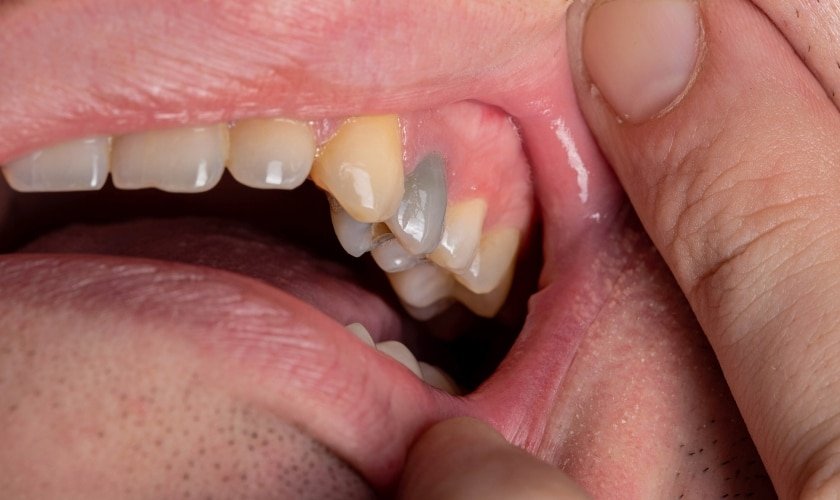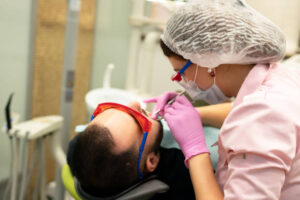Have you ever noticed a tooth turning black and wondered, “Is a black tooth an emergency?” The sight can be alarming and raise concerns about your oral health. Understanding the causes, potential risks, and urgency of the situation is crucial for making informed decisions about your dental care. Let’s explore the symptoms, causes, and treatment options for a black tooth.
What Causes a Tooth to Turn Black?
Poor Oral Hygiene
One common cause of a black tooth is poor oral hygiene. When you don’t clean your teeth properly, bacteria build up, creating acid that erodes the enamel. Over time, this leads to cavities and decay, which can make the tooth appear black. Foods and drinks like coffee, tea, red wine, and tobacco products can also stain your teeth, adding to the problem.
Tooth Trauma or Injury
A severe impact or injury can damage the blood vessels inside the tooth, leading to discoloration. The tooth may turn black if the blood supply is cut off, causing the internal tissue to die. This is often seen in cases where the tooth has been hit or knocked out of alignment.
Dead or Necrotic Pulp
The pulp inside your tooth contains nerves and blood vessels. When the pulp dies, the tooth can darken and eventually turn black. This often requires prompt dental attention to prevent further complications, such as infection or abscess formation.
Medication Side Effects
Some medications, like tetracycline antibiotics, can cause tooth discoloration if taken during tooth development. This can result in a black or gray appearance. It’s important to discuss potential side effects with your healthcare provider, especially for children whose teeth are still developing.
Is a Black Tooth an Emergency?
The urgency of addressing a black tooth depends on the underlying cause and associated symptoms. Here are different scenarios to understand when immediate action is necessary.
Severe Pain and Swelling
If a black tooth is accompanied by severe pain, swelling, or an abscess, it is a dental emergency. These symptoms may indicate advanced tooth decay or infection, requiring immediate attention to prevent further damage and complications. The pain and swelling can spread, causing more significant health issues if left untreated.
Sudden Discoloration After Trauma
If a tooth turns black suddenly after an injury, it signals potential internal damage. Seek prompt dental care to assess the extent of the trauma and prevent complications like infection. Immediate evaluation can help determine the best course of action to save the tooth.
Gradual Discoloration Without Pain
In cases where the black discoloration develops gradually without pain or other symptoms, it may not be an immediate emergency. However, it still warrants a dental evaluation to determine the cause and appropriate treatment. Gradual changes might indicate underlying issues that could become serious if ignored.
Immediate Steps to Take
If you encounter a black tooth accompanied by pain, swelling, or other concerning symptoms, consider these steps:
Contact Your Dentist
Reach out to your dentist immediately to schedule an emergency appointment. Provide details about your symptoms and the duration of the issue. Early communication with your dental professional can expedite the necessary care.
Pain Management
Over-the-counter pain relievers can help manage discomfort temporarily. However, they should not replace professional dental care. Using cold compresses can also reduce swelling and alleviate pain.
Avoid Self-Treatment
Refrain from attempting DIY treatments or using home remedies without professional guidance, as they may worsen the situation. Misguided attempts at self-care can lead to more damage or mask symptoms that require professional attention.
The Importance of Timely Intervention
Addressing a black tooth promptly is crucial for several reasons:
Preventing Further Damage
Timely intervention can prevent the progression of tooth decay or infection, limiting the extent of damage to the affected tooth. Early treatment can save the tooth and avoid more complex procedures.
Preserving Oral Health
Dental issues left untreated can lead to complications that affect your overall oral health. Prompt treatment helps preserve the integrity of your smile and prevents the spread of infection to other teeth or parts of the mouth.
Avoiding Pain and Discomfort
Immediate attention can alleviate pain and discomfort associated with dental problems, enhancing your overall well-being. Managing symptoms early can prevent them from escalating into more severe issues that disrupt daily life.
Treatment Options for a Black Tooth
The appropriate treatment for a black tooth depends on the underlying cause. Common treatment options include:
Dental Fillings
If the black tooth is due to a cavity, a dental filling may be sufficient to restore the tooth’s structure and prevent further decay. This simple procedure involves removing the decayed part of the tooth and filling it with a durable material.
Root Canal Therapy
In cases of a dead or infected pulp, a root canal may be recommended to remove the damaged tissue and save the tooth. This procedure cleans out the inside of the tooth and seals it to prevent further infection.
Tooth Extraction
In severe cases where the tooth is extensively damaged and cannot be saved, extraction may be necessary. This is typically followed by tooth replacement options such as dental implants or bridges to restore function and aesthetics.
Cosmetic Procedures
For tooth discoloration due to medication side effects or cosmetic reasons, treatments like teeth whitening or veneers may be considered. These procedures can enhance the appearance of your teeth and improve your smile’s overall look.
Preventing Black Tooth Decay
While prompt treatment is essential, prevention is key to maintaining optimal oral health. Here are some preventive measures:
Maintain Good Oral Hygiene
Brush your teeth twice a day, floss regularly, and use an antiseptic mouthwash to remove plaque and bacteria. Regular cleaning helps prevent the buildup of harmful substances that can lead to decay.
Regular Dental Check-ups
Schedule routine dental check-ups and cleanings to catch potential issues early and address them before they escalate. Professional cleanings remove tartar that brushing and flossing might miss.
Protective Gear During Activities
Wear protective gear, such as mouthguards, during sports or activities that pose a risk of dental injury. This can prevent trauma that might lead to a black tooth.
Monitor Medication Side Effects
If you’re taking medications known to cause tooth discoloration, discuss alternative options with your healthcare provider. Being aware of side effects can help you take preventive steps to protect your teeth.
Conclusion
The question, “Is a black tooth an emergency?” doesn’t have a one-size-fits-all answer. It depends on the specific circumstances and symptoms associated with the black tooth. While immediate action is crucial in certain situations, gradual discoloration without pain may not require emergency attention but still warrants a dental evaluation.
Remember, your oral health is interconnected with your overall well-being. Seeking timely dental care, maintaining good oral hygiene, and taking preventive measures are essential steps in preserving a healthy and vibrant smile. If you ever find yourself facing a black tooth, don’t hesitate to consult with your dentist to determine the best course of action for your specific situation. Your smile deserves the attention it needs to shine brightly for years to come.
Take Action with GK Dental Implants and Cosmetic Clinic
If you’re concerned about a black tooth or any other dental issues, don’t wait. Contact GK Dental Implants and Cosmetic Clinic today. Our experienced team, including our skilled Dentist in Dumfries, is ready to provide the care you need to restore your smile and ensure your oral health. Whether it’s an emergency or a routine check-up, we are here to help. Schedule your appointment now and take the first step towards a healthier, brighter smile!






